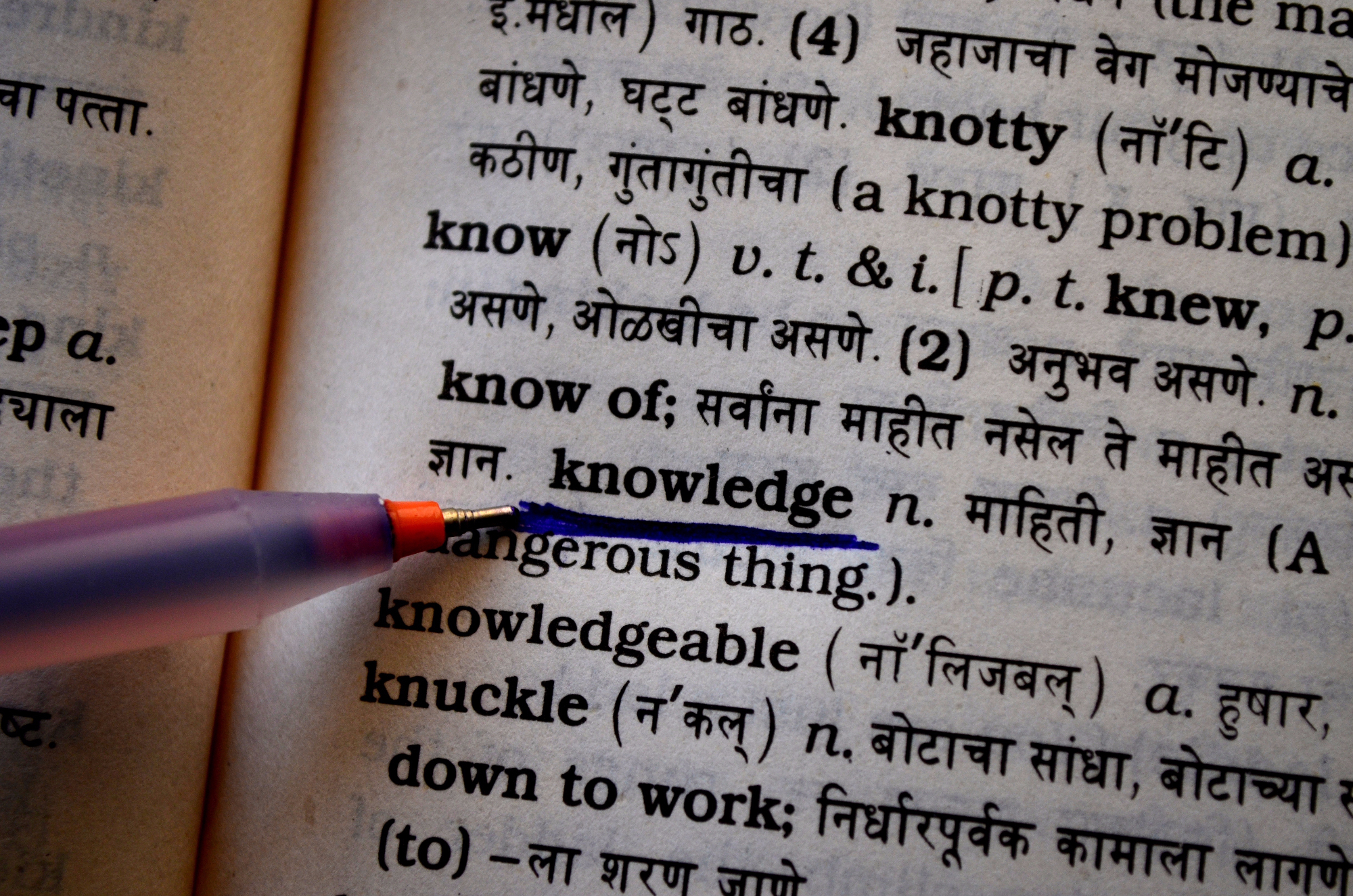After returning from a trip, travellers are usually consumed by an overwhelming desire to tell everyone about the amazing experience they have had. This is what a travel writer is paid to do in the most eloquent way possible. However, it can also be the hardest part to master when it comes to depicting and representing other cultures.
Cultural sensitivity should be paramount when writing travel content, but it is often sorely overlooked. Mariellen Ward of the Breathedreamgo travel blog has discussed the dangers of cultural imperialism (or the belief that your way of life is better) in travel writing, while photographer Bani Amor has criticised colonialism in travel literature.
As a graduate in Social Anthropology, and an experienced travel writer, I am aware of the complicated politics of writing about location, ethnicity and society. Although there is no one-size-fits-all phrasebook to help travel writers avoid all controversy, here are my top tips to help any well-meaning travel writer traverse this complicated terrain.

1. Read and Interact
To truly capture a culture you are not familiar with, you have to look beyond the interesting titbits you hear on the regular tourist trail. Of course, these may be important bits of information, but it is essential to contextualize them with a wider body of literature. Search out accounts by the best and brightest writers the country or place has to offer, in order to gain a deeper insight into its mores. Speak with locals to find out what life is really like for them. Look at anthropological accounts of the society to understand practices you might find unusual. Remember, the way you do things in your country might seem strange to a visitor at first, and it would be disheartening to see traditions misunderstood. Readers appreciate when writers clearly comprehend a culture, so do your research.
2. Cultural Awareness
While a good travel writer needs a keen awareness of the history and society of the culture they are addressing, they also need to possess the faculty to examine their own. Are you writing about a culture once colonised by your own? Is your writing at risk of being tainted by a ham-fisted Hollywood film about the place? Scenarios that shape your narrative can lurk in the subconscious. You must be aware of influences on your world view, historical or contemporary, and how they can impact upon your work. A self-reflexive approach will help you keep any ill-informed assumptions at bay.

3. Terminology
Throughout history, different groups of people have been called different things by both themselves and others. However, terms that might not even be meant to offend can still cause anguish in certain communities. Look at the recent case of the Washington Redskins, an American Football team. People of the Oneida Indian Nation campaigned for the name to be changed, seeing it as an insult. The team argued that they had opted for the name to ‘honour’ Native Americans. While this example is not from the world of travel writing, it highlights how unwittingly offensive people can be when they do not use the preferred terminology of other societies when referring to them. Make sure you are using respectful language in your writing. Consult official tribal or national sources on terminology if in doubt.
4. Vocabulary
To explain this point, I am going to focus on one word: ‘Exotic.’ It connotes the unusual, the exciting. It lingers on the tongue like a tasty dish from a foreign land. It lies there, enticingly, as you try to explain the culture of another country. Soon, everything is labeled exotic in your text, the people, the food, the animals, the plants. Nothing escapes the ‘exotic’ branding. However, it is arguably a blanket term for peoples from backgrounds that differ from whatever is typical in the writer or speaker’s society. As a Scot, I have to admit, I would be a little disturbed if someone singled out a haggis as an ‘exotic’ Scottish treat. Firstly, there is so much more to Scottish cooking than this dish, but I would also be disappointed that the writer had failed to come up with something more descriptive for potential visitors. Think of how best to explain the nuances of the culture you are writing about in a way that is both faithful to its people and easy for the uninitiated to comprehend.

Developing your sense of cultural sensitivity is vitally important for every travel writer, whether you are an up-and-coming newbie or an established pillar of the travel writing community. Take the time to find out more about the cultures you are covering; your writing will improve and you may just learn a little something too.
What experiences, good and bad, have you had writing about different cultures? Leave a comment below, or share you thoughts with us on Twitter. You can also see examples of our own culturally-specific writing here.

This is a beautiful article
Include photographs to enrich your writing. Nice article.
This certainly speaks to my ‘travel like a local’ philosophy and to be as absorbed as possible into the culture. I haven’t yet traveled anywhere that much different from my own social norms but even so I keep the most frequent stereotypes as a bit of a guideline to avoid a faux pas at first (if everyone says the same thing, maybe there’s a grain of truth in there somewhere?), but don’t let it obscure reality.
The article is certainly a perspective to always keep in mind before and after a trip. Thanks.
I so agree, as a journalist and a traveler. Your points are all familiar ones that I embrace—and oh so helpful as reminders.
Much appreciation for your thoughtful approach to the world.
Very interesting points. For a writer of any type, to read is essential. To read of the places you’re going, of the history and background, of that country’s literature – how can you travel and not do this? Thanks for sharing
Pingback: Cultural Sensitivity and Travel Content - World Words
Pingback: What Makes A Good Travel Blog - Travel Blog Services
Pingback: What Makes A Good Travel Blog? – Travel Business Advisor
Pingback: What Makes A Good Travel Blog? | | Blog Content Services
Pingback: By Me, for You – By Melissa Steel